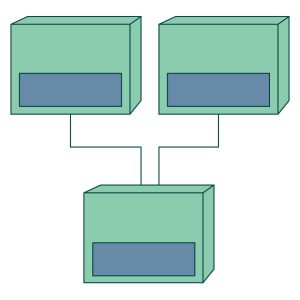
SOLID Principles in Java Application Development
SOLID refers to five design principles in object–oriented programming, designed to reduce code rot and improve the value, function, and maintainability of software. Here, we give an overview of each SOLID principle along with an example of each.
What Are SOLID Design Principles?
SOLID principles are class–level, object–oriented design concepts that, in conjunction with an extensive test suite, help you avoid code rot.
SOLID design is an acronym for the following five principles:
1. Single Responsibility Principle
2. Open–Closed Principle
3. Liskov Substitution Principle
4. Interface Segregation Principle
5. Dependency Inversion Principle
These principles provide a valuable standard for guiding developers away from such “code rot, and instead towards building applications that provide lasting value for customers and sanity for future developers working on your project.
1. Single Responsibility Principle (SRP)
The Single Responsibility Principle (SRP) states that there should never be more than one reason for a class to change. This means that every class, or similar structure, in your code should have only one job to do.
2. Open–Closed Principle (OCP)
The Open–Closed Principle (OCP) states that classes should be open for extension but closed for modification. “Open to extension” means that you should design your classes so that new functionality can be added as new requirements are generated. “Closed for modification” means that once you have developed a class you should never modify it, except to correct bugs.
Specification: SOLID Principles in Java Application Development
|
User Reviews
Be the first to review “SOLID Principles in Java Application Development” Cancel reply
This site uses Akismet to reduce spam. Learn how your comment data is processed.

| Price | $12.99 |
|---|---|
| Provider | |
| Duration | 1.5 hours |
| Level | All |
| Language | English ... |
| Certificate | Yes |
| Quizzes | No |
| Year | 2021 |

$84.99 $12.99






There are no reviews yet.